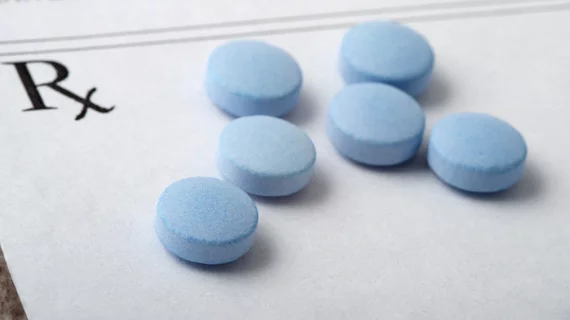Private equity firm buys controlling stake in Surescripts
Private equity firm TPG is acquiring a majority stake in e-prescription company Surescripts, the two announced this week. The terms of the transaction, including the purchase price, were not disclosed.
Surescripts said the influx of funds will be used to help expand and scale its “intelligent” prescription network and allow it to invest in new products that address “healthcare’s biggest challenges.” The company said it is working to improve its offerings that mitigate clinician burnout and ultimately “help prescribers [to] more efficiently deliver affordable medications to patients.”
“We are partnering with TPG because of our shared vision for improving healthcare for patients and the clinicians who care for them,” said Surescripts CEO Frank Harvey, said in the announcement. “TPG’s support will enable us to scale existing solutions while advancing new innovative technologies that will continue to enhance patient safety, lower costs and ensure quality care, amplifying our impact across healthcare.”
With its controlling stake, the private equity firm will now join the owners' group of Surescripts. Minority shareholders include CVS Health; Express Scripts, a subsidiary of Cigna; and others. It is not clear what percentage of Surecripts each now controls.
With the acquisition, TPG expanded its portfolio of healthcare companies that now includes drug manufacturers, health IT vendors, and surgery centers.
The transaction was facilitated by TripleTree, a financial advisor. The sale of Surescripts will not be finalized until regulators approve of the agreement.

